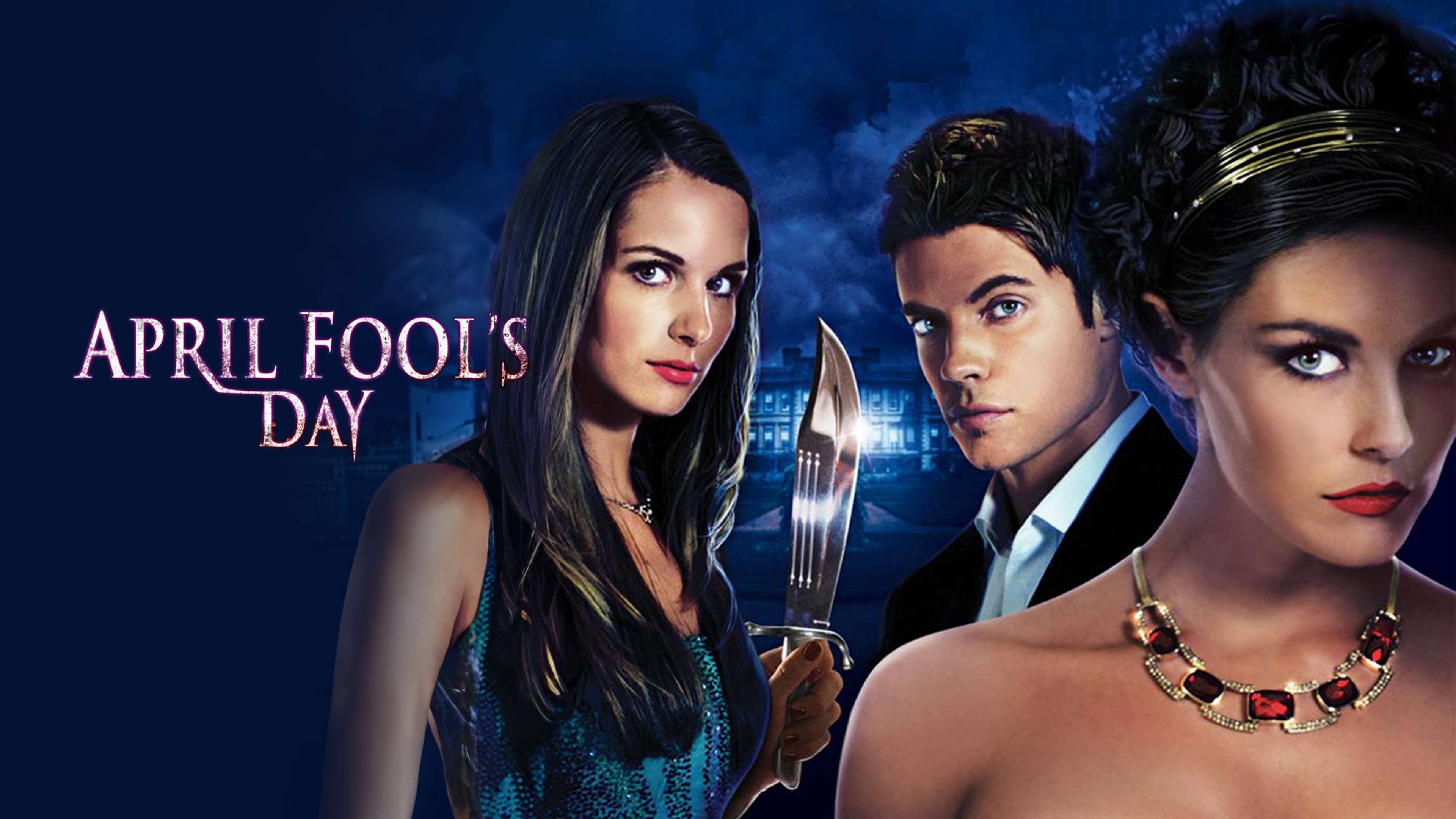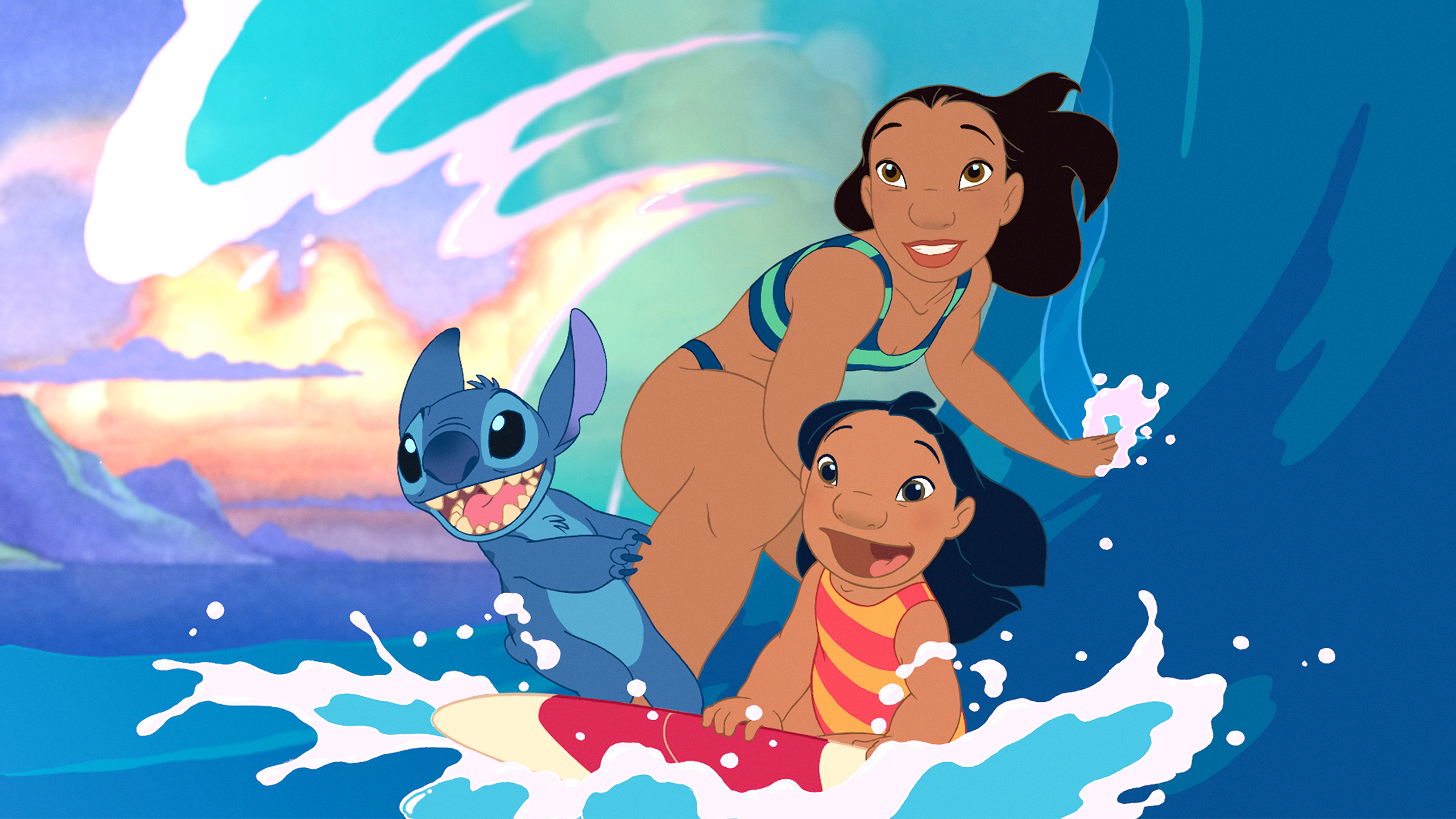In just a little over a month, the Academy Awards will televise and, odds are, your favorite movie won’t win anything (I’m still angry that War for the Planet of the Apes isn’t a Best Picture nominee). That’s because the Oscars award their little gold statuettes based on the votes of an elite club of Hollywood insiders and not on what the typical movie-going public actually goes and sees. It still makes for riveting television, though, to see little films get attention that their ordinarily small marketing budgets would never allow, our favorite actors come up and make speeches, and that movie you actually *did* see win the award for best visual effects (Planet of the Apes vs Blade Runner 2049 is a real banger). There’s even a chance that a superhero movie will win one of the “prestige” awards at the Oscars, as Logan is in the running for Best Adapted Screenplay.
But there can only be one Best Picture and this year’s race is the tightest in the modern Academy Awards era, which stretches back only to 2009, the year that the Academy began opening up that category to a much greater number of films. While only up to five films could previously be nominated, since 2009, as many as 10 films have been nominated. Because of this, predicting the winner can be a difficult task. In 2010, for instance, The King’s Speech beat out a deep field that included Black Swan, The Fighter, The Social Network and family-favorite Toy Story 3. Last year, Moonlight literally surprised everyone by beating out La La Land.
I’m a bit of a data junkie, and I began looking for data which would help me predict the winner of the Best Picture race each year. The best and most available data? Internet movie review sites such as Rotten Tomatoes and IMDB. After tinkering for a bit, I’ve come up with a formula which has correctly predicted the last two Best Pictures, including the Moonlight upset and Spotlight’s win in 2015. I’m going to predict this year’s winner, but before I do, here’s the data I’ve grabbed in pretty internet picture format:

As you can see, I’ve collected the Rotten Tomatoes, IMDB and Metacritic scores for all of the Best Picture nominees. Then, using a secret Excel file, I’ve thrown them into a formula that will give me the result. Some notes on the above: Rotten Tomatoes is the best single source to predict the winner of Best Picture. I’ve calculated it to have a 91% correlation rate with the winner since 2009, meaning that even when it doesn’t predict the winner, it’s darn close. That’s bad news for Darkest Hour and The Post. IMDB has the weakest correlation to Best Picture winner, with a correlation of only 65%. Interestingly enough, though, the combination of Rotten Tomatoes and IMDB — utilizing a mix of both of the scores to predict the winner — has a strong 90% correlation rate.
I won’t bog you down with any more numbers except one: the confidence score. The confidence score is the result of the big formula I’ve come up with and it is the reason I’m ready to declare this the closest Best Picture race in the expanded modern era of the Academy Awards. To start with, let’s look at the films I think have no chance to win.
The Sure-Thing Losers: Darkest Hour & The Post

With confidence scores of 66% and 68% respectively, these films find themselves in the worst position to win Best Picture. In my formula, no film with a confidence score below 70% has ever won the award. Even more, as previously pointed out, both fared worse than their peers on Rotten Tomatoes, a key indicator. Tellingly, they did worse on both IMDB and Metacritic as well, meaning that there aren’t nearly as many lovers of these films as for their peers. If I were a betting man, I’d keep far away from both movies.
The Long Shot: The Shape of Water

The Shape of Water‘s confidence score is four points below that of the highest film’s. Only one time in the last eight did a film win with a difference that large, and that was Birdman beating out that year’s favorite, Boyhood, in 2014. But 2014 is an outlier year for a lot of reasons. For one, Boyhood currently shows a 100% on Metacritic, the only film in our field that has such a high rating. It’s so much higher than other films that I have reason to believe that the score on that movie is mistaken. It’s a score which helped to give Boyhood a record-high 77% confidence score, while Birdman had only a 72%. Besides this, no winner has had such a large difference compared to the favorite that year, and so I wouldn’t give The Shape of Water much of a chance (although personally, I think Guillermo del Toro will win Best Director for it).
There’s then a glut of four other nominees who all hover around the same total. I won’t get into them in detail. Instead, let’s look at the top two.
The Favorites: Call Me By Your Name & Lady Bird

No year before this one had two movies with tied confidence scores. At 76%, both Call Me By Your Name and Lady Bird lead the other films and have about an equal chance to win Best Picture. There are some differences between them that are worth pointing out. If Call Me By Your Name wins, it’ll be the second year in a row that a movie based around LGBT characters wins the award, after Moonlight took it home last year. It also has this year’s highest RT-IMDB combined score, a strong correlating number for past winners. Lady Bird, though, leads in the straight up Rotten Tomatoes score, the most correlative number. In my extended-range data points, Lady Bird leads Moonlight five-to-four. Therefore …
Prediction For Best Picture Winner: Lady Bird
That being said, I won’t be surprised at all if Call Me By Your Name wins. I found Lady Bird to be an entertaining film, but nothing I would have predicted as a Best Picture before looking at the data. If neither film wins, that’ll be an interesting data point as well and will lead me to looking closer into the numbers and on a hunt for better data, so either way, I’ll be excited with the results and looking forward to next year.
What do you think of all this? Who’s your favorite for Best Picture, or do these awards mean nothing to you? Let us know in the comments below!
Don’t forget to share this post on your Facebook wall and with your Twitter followers! Just hit the buttons on the top of this page.

 FOR FANBOYS, BY FANBOYS
Have you checked out LRM Online’s official podcasts and videos on The Genreverse Podcast Network? Available on YouTube and all your favorite podcast apps, This multimedia empire includes The Daily CoG, Breaking Geek Radio: The Podcast, GeekScholars Movie News, Anime-Versal Review Podcast, and our Star Wars dedicated podcast The Cantina. Check it out by listening on all your favorite podcast apps, or watching on YouTube!
Subscribe on: Apple Podcasts | Spotify | SoundCloud | Stitcher | Google Play
FOR FANBOYS, BY FANBOYS
Have you checked out LRM Online’s official podcasts and videos on The Genreverse Podcast Network? Available on YouTube and all your favorite podcast apps, This multimedia empire includes The Daily CoG, Breaking Geek Radio: The Podcast, GeekScholars Movie News, Anime-Versal Review Podcast, and our Star Wars dedicated podcast The Cantina. Check it out by listening on all your favorite podcast apps, or watching on YouTube!
Subscribe on: Apple Podcasts | Spotify | SoundCloud | Stitcher | Google Play




